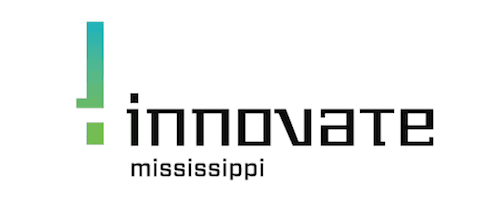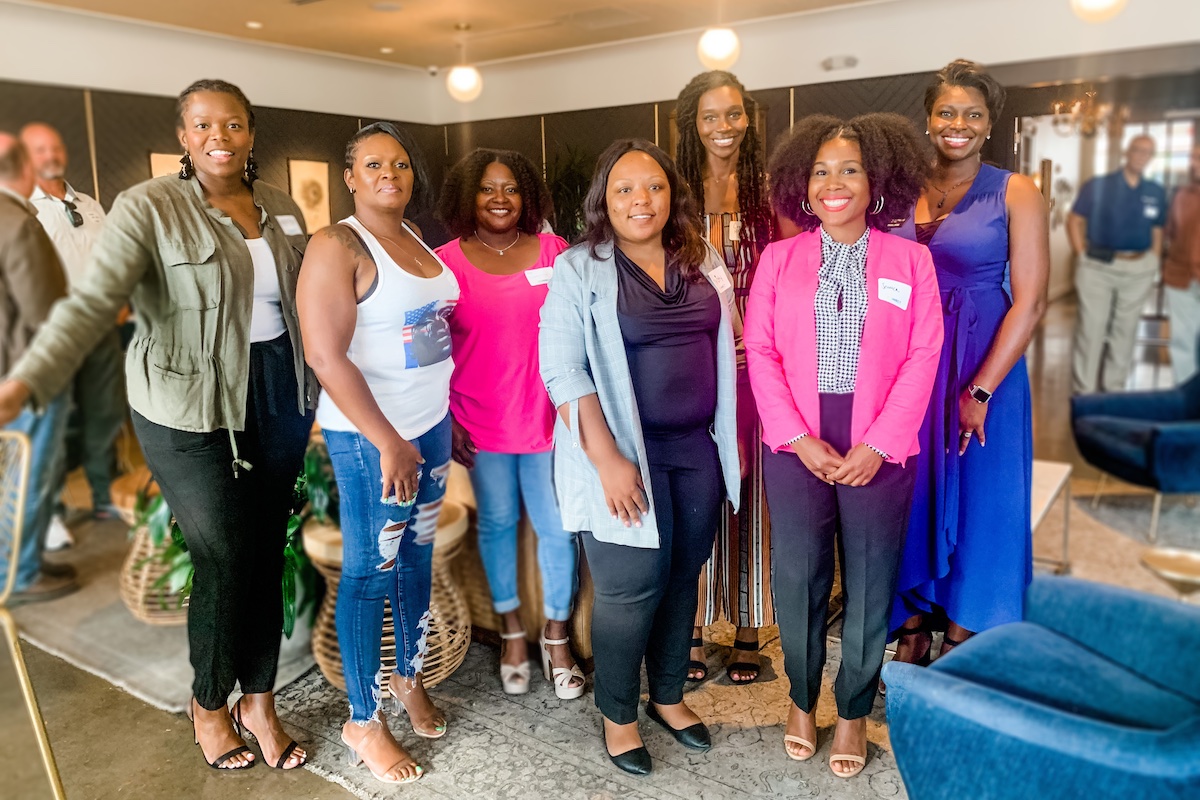The W.K. Kellogg funded Women and Minority Entrepreneurial Development Program offers a startup curriculum, access to mentors and potential funding.
After two decades in the medical billing field, Melissa Bloom noticed that billing errors often start with the intake process at the reception desk. That gave her the idea of automating more of that process—although she lacked the technical skills to do it herself, and she’d never started a company before.
That changed last spring when Innovate Mississippi accepted her into the inaugural Women and Minority Entrepreneurial Development Program. She said it was emotionally validating because, despite her lack of technical expertise, the Innovate Mississippi team said they valued her career experience and would help her learn about the startup world.
“It’s a small thing, but that meant a lot to me,” Bloom said. As a mid-career professional, she says she was intimidated by the idea of joining a startup accelerator.
Funded by the W.K. Kellogg Foundation and presented by Innovate Mississippi, the purpose of the Women and Minority Entrepreneurial Development Program is to encourage women and minority founders to shape their ideas into startup ventures. In its second year, 28 participants have started the journey toward a new product or service—and potential seed funding.
“Every week, we have a training webinar with everyone participating, including guest experts. Then we split the office hours on Thursdays into our tech-focused companies and the non-tech startups,” said Tasha Bibb, entrepreneurial development director for Innovate Mississippi and program director for the cohort. Innovate Mississippi meets with the technology companies and entrepreneur Theresa Kennedy, formerly the Women’s Business Center director, meets with the non-technology companies.
This year, Bibb said, they’ve expanded the number of partner organizations to introduce cohort members to more of the entrepreneurial community in Mississippi. The Mississippi Small Business Development Centers, Mississippi Development Authority’s Minority Business Division, Innovate Mississippi Mentor Network members, The Bean Path, and the Mississippi Secretary of State’s Office all participate. With pandemic restrictions lifted, Innovate Mississippi invites the entrepreneurs to their monthly CONNECT networking event to meet one another and others in the entrepreneurship ecosystem.
“Historically, on a national level, minority and women businesses are underrepresented. There’s been some growth, but there are still barriers that have to be overcome,” said Bibb. “So we focus on three things for these entrepreneurs: delivering this education, connecting them to resources and mentorship, and offering access to capital—both financial and human capital.”
Once launched, the startup companies can apply for LaunchFund loans. The two-year, interest-free loans range from $2,000 to $5,000 to help the entrepreneurs prove the concept behind their product or service. Entrepreneurs who go through the full program can also apply to the Mississippi Seed Fund, among other programs in the state.
During the 12-week cohort, Bibb and Innovate Mississippi CEO Tony Jeff walk the participants through the first series of steps of the Goldsmith Technology Commercialization Model, which takes startup companies through six different phases: Investigation, Feasibility, Development, Introduction, Growth and Maturity. After the 12-week sprint, Innovate Mississippi and other partners support the teams that continue developing their startup.
“They kind of tag team the program,” said Bloom. “Tasha’s approach was the business side of it; Tony’s approach was all the money discussions.”
Bibb said that the program makes a point of bringing in outside resources and experts such as marketing mentors and attorneys specializing in helping startups.
Last year, the program introduced Bloom to Dr. Nashlie Sephus, the former CTO of a startup company that Amazon.com acquired in 2017. Sephus, a Mississippi native, founded The Bean Path, a non-profit in Jackson focused on helping people learn technology and participate in the knowledge economy. Sephus’ “CTO2Go” program offers startup companies the technical expertise they need to create a minimum viable product or “MVP” that they can test in the marketplace.
Bloom told us that she initially assumed that she needed to leave Mississippi to find an accelerator program and start a technology company. But BloomTech, as she calls it, has gotten its start because she didn’t “sleep on her hometown.” As of today, she’s well on her way to a patent for her intellectual property and an MVP to start sharing with potential funders.
“Tasha, Tony, Nashlie, Theresa, Matthew—everybody I encountered was just great,” Bloom said. “I can’t believe [my cohort] was the first year they ran this program. I can only imagine it getting better and better.”

